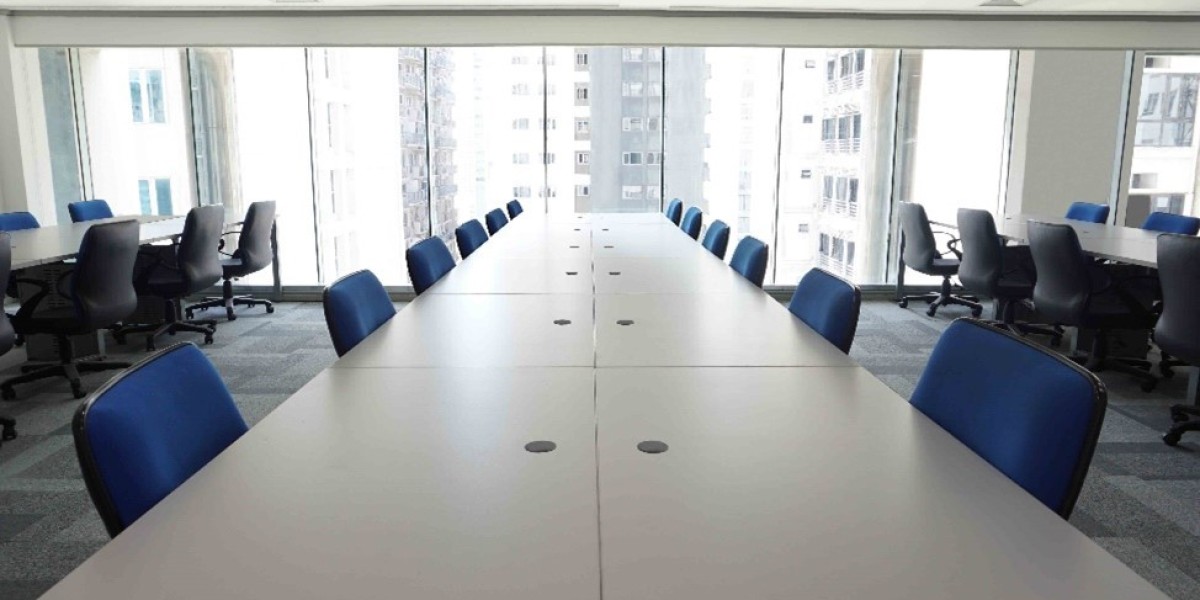Introduction
In recent years, there has been a growing awareness of the importance of sustainability and eco-friendliness in all aspects of our lives, including the places where we work. As the popularity of coworking spaces continues to rise, entrepreneurs, freelancers, and businesses are seeking eco-friendly alternatives to traditional offices. In this blog post, we will explore the concept of eco-friendly coworking space and how they contribute to sustainability in shared work environments.
Green Building Practices
Eco-friendly coworking spaces prioritize green building practices from the ground up. These spaces are designed with energy-efficient materials and technologies, making them more environmentally friendly compared to conventional offices. From low VOC (Volatile Organic Compound) paints to energy-saving lighting systems, every aspect of the workspace is carefully considered to reduce the carbon footprint.
Renewable Energy Integration
To further minimize their impact on the environment, eco-friendly coworking spaces often rely on renewable energy sources such as solar, wind, or geothermal power. By harnessing renewable energy, these workspaces can significantly decrease their dependence on fossil fuels and contribute to a cleaner, greener future.
Waste Reduction and Recycling
Sustainability-minded coworking spaces emphasize waste reduction and recycling programs. They promote the use of reusable products, encourage members to bring their own mugs and water bottles, and minimize single-use plastics. Additionally, these spaces implement comprehensive recycling initiatives to ensure that recyclable materials are properly sorted and processed.
Indoor Greenery and Biophilic Design
Eco-friendly coworking spaces often incorporate biophilic design principles, which involve incorporating natural elements into the workspace to create a more harmonious and productive environment. Indoor plants not only enhance the aesthetics but also improve air quality, making the workspace healthier for its occupants.
Smart Energy Management
Innovative technologies, such as smart thermostats and occupancy sensors, are integrated into eco-friendly coworking spaces to optimize energy consumption. Smart energy management systems can adjust heating, cooling, and lighting based on real-time occupancy, ensuring that energy is used efficiently and wastage is minimized.
Sustainable Commuting Options
Promoting sustainable commuting options is another vital aspect of eco-friendly coworking spaces. These spaces often encourage the use of public transportation, cycling, or carpooling by offering incentives to members who adopt eco-friendly commuting practices. Additionally, coworking spaces located near public transport hubs make it easier for members to reduce their carbon footprint.
Eco-Friendly Amenities
Eco-friendly coworking spaces go beyond just providing a workspace. They also offer eco-friendly amenities to support sustainable living. These may include organic snacks, Fair Trade coffee, and sustainable office supplies, all contributing to a greener and more conscious work environment.
Educational Initiatives
To foster a culture of sustainability, eco-friendly coworking spaces often organize workshops, seminars, and events centered around environmental awareness. These initiatives empower members to adopt more sustainable practices in their professional and personal lives.
Conclusion
Eco-friendly coworking spaces are more than just trendy work environments; they represent a significant step towards creating a sustainable future. By prioritizing green building practices, renewable energy integration, waste reduction, and smart energy management, these spaces demonstrate a commitment to environmental stewardship. Through their efforts, eco-friendly coworking spaces provide individuals and businesses with an opportunity to work together in a manner that is not only productive but also environmentally responsible.
As the demand for sustainability grows, these eco-conscious workspaces will continue to thrive, inspiring other industries to adopt greener practices and make a positive impact on the planet. Choosing an eco-friendly coworking space in Philippines not only benefits businesses and entrepreneurs but also contributes to a more sustainable and healthier world for generations to come.








